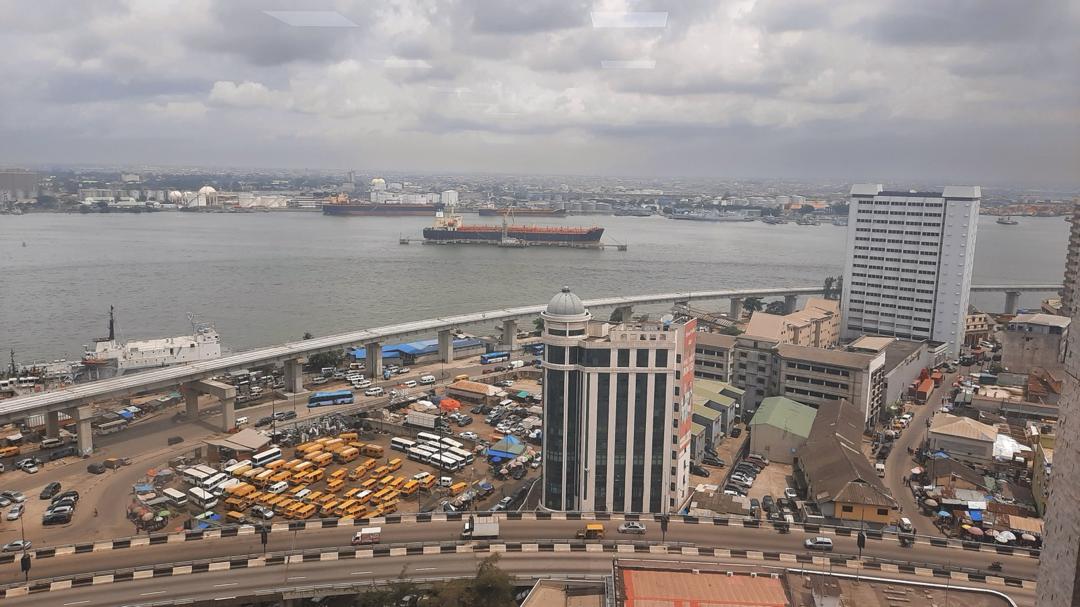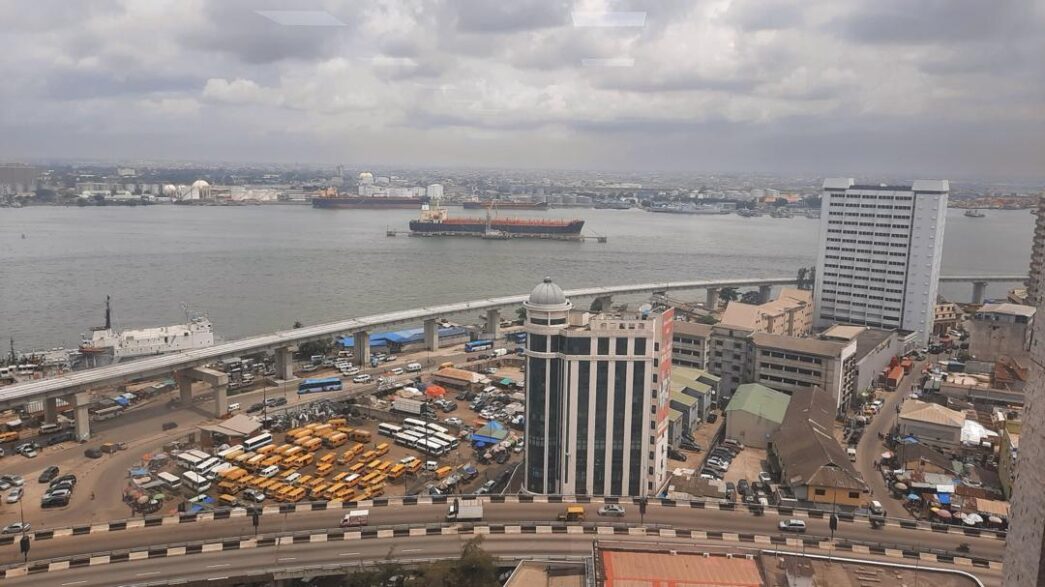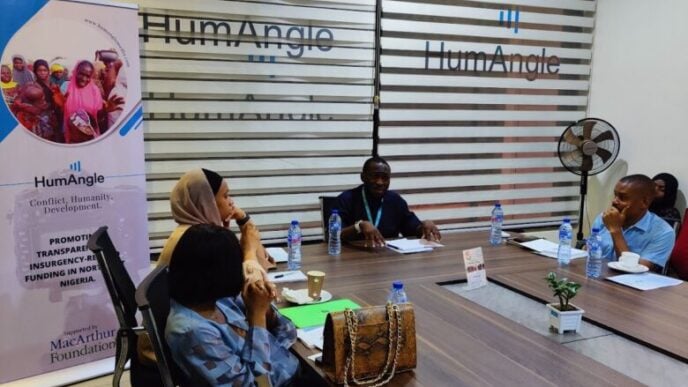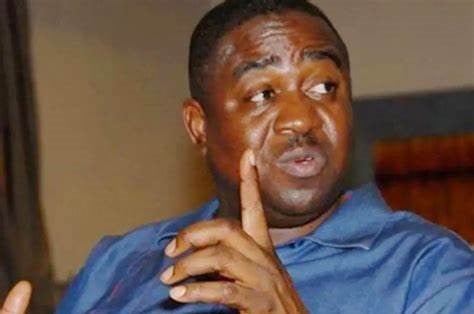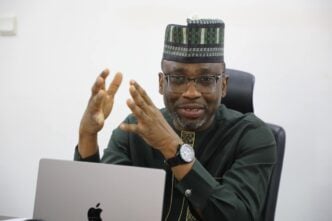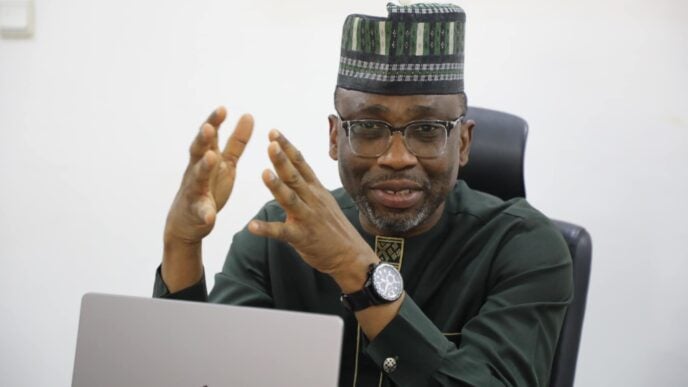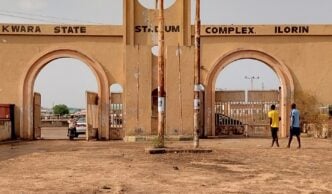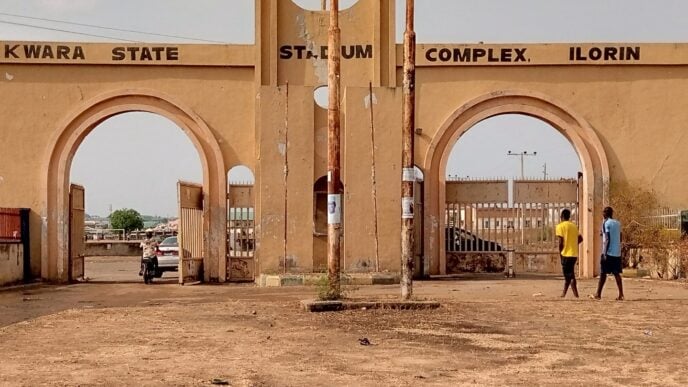It has been two years since President Tinubu has been in power and in that time for majority of Nigerians, it has been lamentations galore. The economic reforms which the Tinubu administration and its cheer leaders have touted as ‘’bold and courageous’’ has been nothing of the sort to Nigerians.
Unless we want to be cynical, what is ‘’bold’’ about economic policies that have spawned unprecedented hunger and exacerbated poverty in the land? What is ‘’courageous’’ about reforms that has pushed inflation to stratospheric levels at over 30 per cent going by the latest figures from the National Bureau of Statistics (NBS)? What is positive in an economic package that makes no pretence about its contempt for the generality of Nigerians but places more emphasis rather on transfer of state wealth to a precious few? What is there to be proud of in economic reforms that have squeezed the life out of small, medium and even large businesses some of whom have been in this country for decades?
I listened and read statements from the administration’s apologists reeling out figures about rise in Gross Domestic Products (GDP) and successes in debt repayment and servicing and purported attraction Foreign Direct Investment (FDI). But the one that galls the most is the fictitious self-serving argument that the reforms are necessary as the administration had inherited an economy that had been hollowed out by the previous one. The argument goes that in order to get out of the woods tough decisions were necessary and that the positive results of these ‘’unprecedented bold reforms’’ will be manifested in the long run.
Let us face it we have heard this argument recycled since 1985 when Nigeria first introduced the Structural Adjustment Plans (SAP) under military President Ibrahim Babangida. In structure and tenor the SAP was similar to the one that the Tinubu administration is implementing now. And the rhetoric and spin of ‘’necessity’’ and ‘’light at the end of the tunnel’’ touted then was also similarly touted in defence of the Tinubu administration’s economic policies.
So what is new? From 1985 to date (38 years) since the toxin of SAP and its variants have been injected into the blood of the Nigerian economy by successive governments what really has changed? Has Nigeria achieved the goal of economic transformation as promised by the governments that have come and gone? Are we now realistically an economy that is based on production rather than consumption in comparison to its peers in the global economic space?
Advertisement
It is not enough to tout GDP figures and debt servicing as successes in an economy that is abysmally low in agricultural and industrial production. It is also an exercise in self-deceit to take pride in economic reforms that has not harnessed the abundant human resources in this country to kick start an industrial revolution that will launch this country into a glorious future of economic transformation like countries in the same bracket have done.
Anything short of this template of economic thinking, Nigerians have every right to feel short changed and therefore scoff at as being a package of recycled deceit that we have all come to experience over the decades.
And in this realisation, Nigerians have come to know also that the Tinubu administration like the ones before it have been dancing to the drum beats of a drummer who is hidden somewhere in the bush. Nigerians simply do not believe that Tinubu’s economic policies are not meant to bring about economic transformation of Nigeria but to perpetuate it as an economic vassal of western countries through the instrument of the International Monetary Fund (IMF) which provides and supervises the policies being implemented by the administration. This is the hard truth that the IMF and apologists of the administration try to obscure because the hidden truth is that the policies being implemented are not meant to benefit the people of Nigeria ultimately. That is why there is a divergence between what the IMF thinks about Tinubu’s economic policies and that of majority of Nigerians who are the guinea pigs of its policies. Whereas the IMF examines the policies like a surgeon or scientist would look at its object of surgery and experimentation clinically without emotion, the Nigerian people who are the objects are showing an emotion of helplessness and pain. Indeed it is these symptoms that the IMF ‘’experts’’ sadistically look out for to prove that its recommended policies are working. And because the policies are not meant to work to the benefit of Nigerians in the first place, we often hear IMF recommend to the government more sadistic punishment on the Nigerian people in terms of more increase in taxes and tariffs, removal of subsidies and other punishing economic policies.
Advertisement
It is now obvious to Nigerians that the Tinubu administration has been persuaded to continue to implement these policies and no matter how Nigerians groan in lamentation the government would not take its boot off the neck of Nigerians in this regard.
Why does IMF insist on pressuring the administration to implement these toxic, pitiless policies knowing that they bring nothing but abiding pain on Nigerians?
For the answer to this question, we need to delve a bit into history and unearth the root of this policy of economic seignorage which has been implemented over the years in several forms by several countries culminating into the IMF today. It is not a history of the IMF but rather the history of how European countries in their quest to sequester resources for their economic development turned to policies of conquest and plunder of the world. And in pursuit of this vision of global carve out they even fought periodically in brutal great big bleeding batches up to the twentieth century almost destroying themselves in the process. And the United States of America which was the offshoot of Europe and the opportunistic beneficiary of centuries of unrelenting greed for global control by European powers emerged in 1945 to pick up the prize creating and using the IMF and other global financial institutions for this purpose which is in existence today.
It all started way back in 1494 after the accidental ‘’discovery’’ of what is now known as the Americas in 1492 by an Italian navigator Christopher Columbus who hailed from the Italian city state of Genoa but who was in the employ of Queen Isabella of Spain. Columbus’ ‘’discovery’’ and the news of riches of the lands he ‘’discovered’’ spread like the mumps in Europe. To protect the lands discovered by Columbus from other European powers, the two sea faring powers of Europe at the time, Spain and Portugal, rushed off to secure a proclamation from the Pope declaring that the newly discovered lands and subsequent other discoveries will be shared exclusively between them with Spain given the right to control lands to the west of the world and Portugal to the east. This papal bull called the Treaty of Tordesillas was proclaimed in 1494 in the Spanish city of the same name and also in the Portuguese city of Setubal.
Advertisement
But the other European powers namely, Britain, Netherlands and France would have none of that. They insisted that the Papal proclamation was not binding on them and went ahead to take measures to also join in the global carve out.
The Dutch established their Dutch East India Company giving their navigators rights to sail as far as India, the Caribbean and Americas, Indonesia and up to what is now Australia and New Zealand.
The French and the British for their part set up powerful naval fleets that will patrol and control the global sea lanes. In the process the five sea faring European powers frequently fought each other at sea plundering the resources in commodities that have been plundered by rivals. They attacked forts and drove out rival powers from the lands they occupied. This was all in pursuit of plunder of the resources of these lands and in doing this they never cared about the feelings of the native inhabitants whom they considered sub-humans and therefore not worthy of any graces.
Gadu can be reached via [email protected] and 08035355706 (Texts only)
Advertisement
Views expressed by contributors are strictly personal and not of TheCable.

